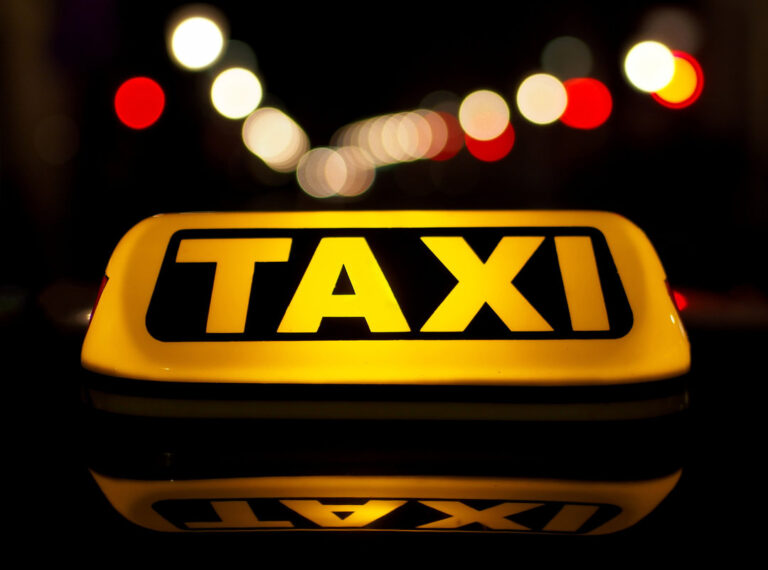
How Ukraine Plans to Regulate Online Services and What It Means for Hundreds of Thousands of Workers
After years of debate and informal status, Ukraine is preparing to systematically tax the incomes of individuals who earn through digital platforms. This will affect drivers, couriers, landlords, sellers, handymen, and anyone providing services via platforms like Bolt, Uklon, Glovo, Kabanchik, OLX, Zakaz.ua, or Airbnb.
The draft law has already been approved by the Cabinet of Ministers and submitted to the Verkhovna Rada. If passed, starting January 1, 2026, tens of thousands of Ukrainians will see their tax status officially change.
The reform targets individuals receiving income via digital platforms without being registered as sole proprietors. This includes people who work for themselves, have no employees, do not sell excisable goods, and whose income does not exceed 834 minimum wages per year (about 6.7 million UAH).
The government proposes a reduced 5% personal income tax (PIT) instead of the standard 18% plus military tax if the person:
- opens a dedicated bank account for such income;
- is not self-employed;
- does not employ others;
- does not trade in excisable goods.
If these conditions are not met, the standard 18% PIT plus 1.5% military tax will apply, as is currently the case.
Who will pay the taxes and how
The most significant change: individuals will not be responsible for submitting tax declarations or paying PIT themselves.
This responsibility will lie with the digital platforms, which will become tax agents, automatically withholding and transferring taxes to the state.
“The state cannot administer 400,000 individuals. It’s far more efficient to involve a few dozen platforms,” explained tax committee head Danylo Hetmantsev.
In practice, this means Glovo, Bolt, Kabanchik, OLX and others not the driver or cleaner working with them will be responsible for correct tax payments and reporting.
Tax thresholds and exemptions
- If a person completes no more than three sales per year totaling up to 2,000 euros, they may use their regular personal bank account.
- Annual income under 12 subsistence minimums (36,336 UAH) will not be taxed.
These thresholds aim to ease the burden on small sellers and occasional service providers.
Business reaction: cautious support
After initial opposition, leading digital platforms have publicly supported the reform.
“As a responsible market player, Uklon supports fair and transparent rules for all parties,” said Mykola Soroka, Head of Government Relations at Uklon.
“This is an important step toward tax reform aligned with EU standards,” noted Yuliya Malich, Head of Public Policy at Bolt.
The European Business Association, Chamber of Commerce, American Chamber of Commerce, and other organizations broadly support the initiative, but emphasize the need to:
- define clear legal status for individuals working without business registration;
- require monitoring of cash transactions to avoid tax evasion;
- delay penalties for reporting errors for one year after the system launch.
Post List
Will the Verkhovna Rada support it
Although the draft law has reached parliament, its future remains uncertain. Lawmakers admit the initiative is politically sensitive.
“Such bills are difficult to pass because everyone wants to remain popular,” said Danylo Hetmantsev.
“Do I believe there are enough votes in parliament? I don’t think this bill will pass quickly. … I personally see no reason for our faction to support it,” commented Yaroslav Zheleznyak.
Much depends on the upcoming IMF mission to Ukraine, scheduled for early September, as the tax reform is part of Ukraine’s obligations to the IMF.
When new rules could take effect
- If the bill passes by the end of 2025, it is set to take effect on January 1, 2026.
- Businesses stress that adapting to new requirements takes time, so timely passage is critical.
Analysts estimate that the reform could bring 5 to 8 billion UAH in additional tax revenue annually.
What fundamentally changes
Currently, most individuals earning income through digital work do not pay taxes. This creates unfair conditions for those working officially.
The proposed law offers a compromise:
- Individuals can legalize their income and pay a reduced rate;
- The state gains transparency and revenue;
- Platforms receive clear rules and a reputational boost.
“It’s a win-win for everyone,” said Oleh Hetman, expert at the Economic Expert Platform. “We’re finally seeing equal rules for all.”
Ukraine stands at the threshold of a new stage in fiscal responsibility for the digital economy. If draft law No. 13232 is adopted, online work will become legal and regulated starting in 2026. This is not just a technical change. It’s a foundational step toward fairness, equality, and alignment with EU standards. And while such reforms are often met with hesitation, they are essential for making the digital economy transparent and resilient, and the state stronger. The next move belongs to the parliament.















